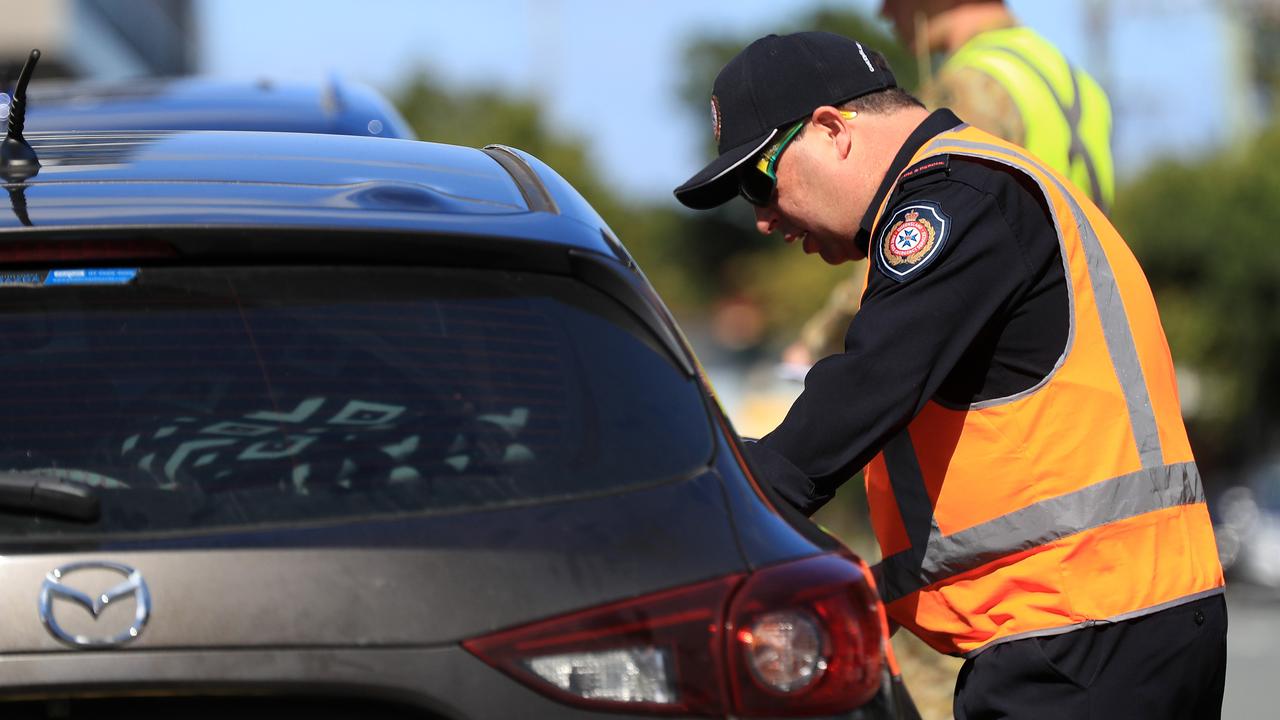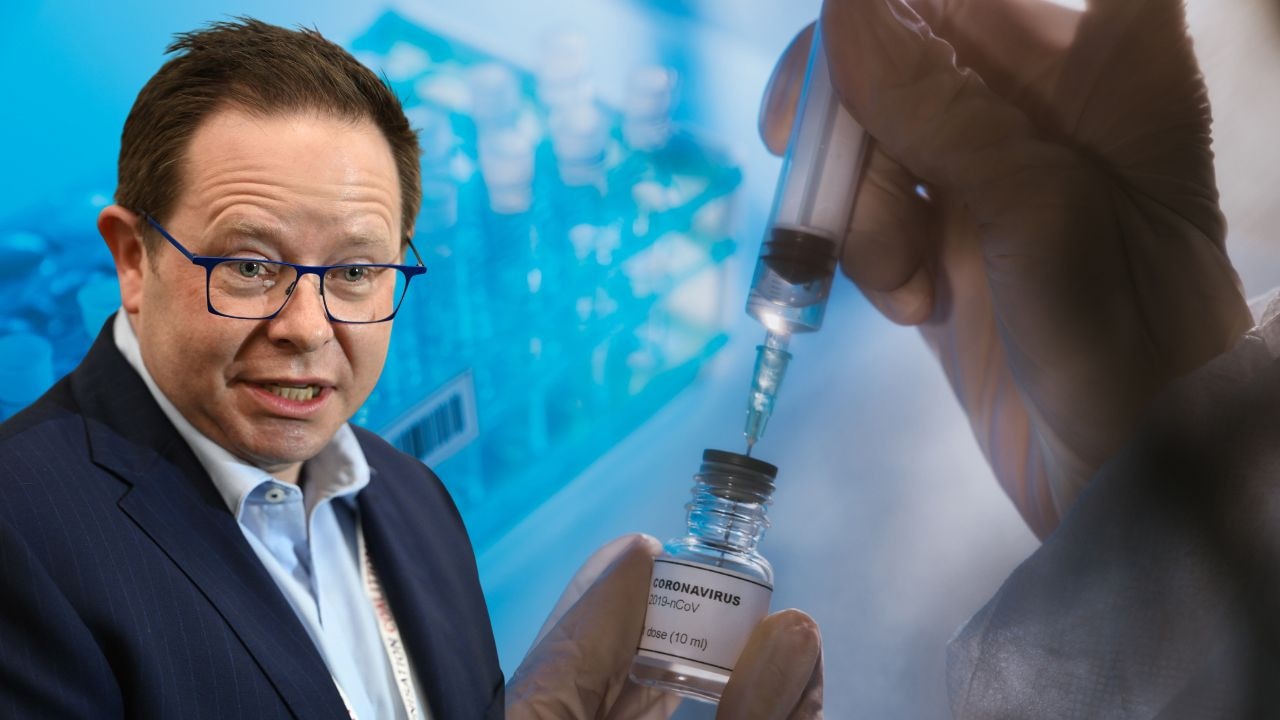More than 600 Qld aged care residents have died from Covid in 2022
Authorities have issued a plea to take precautions around our most vulnerable over the festive season after the grim death toll from Covid in Queensland aged care facilities was revealed.
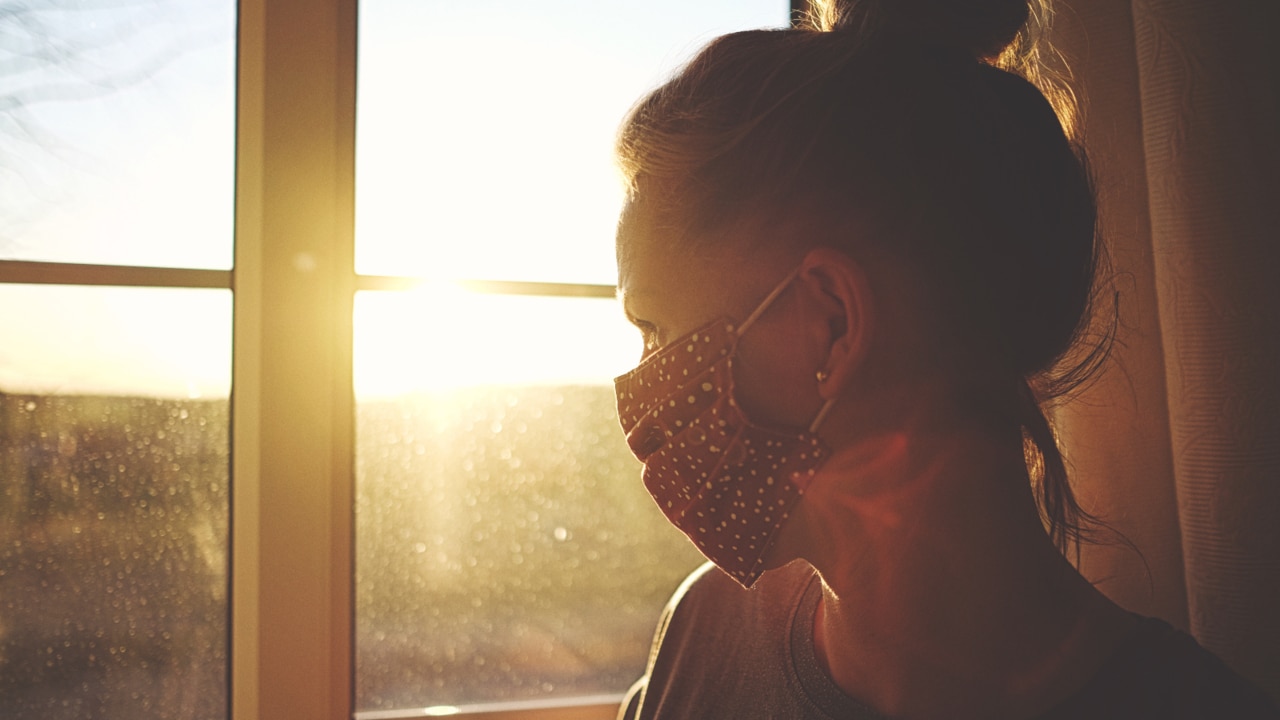
QLD Coronavirus News
Don't miss out on the headlines from QLD Coronavirus News. Followed categories will be added to My News.
A quarter of all Covid-19 deaths in Queensland so far this year have been aged care residents new health data has revealed, with experts urging people to mask up, kiss less and keep testing over the festive season.
The federal health department confirmed there had been 633 Queensland aged care residents deaths attributable to Covid-19 as of December 16, making up 26.5 per cent of the state’s pandemic death toll in the same time frame.
And 44 aged care residents had died in the last four weeks amid the current Covid-19 wave, making up nearly 60 per cent of Queensland’s 77 pandemic related deaths.
Queensland, amid strict border closures and Covid-19 controls in 2020 and 2021, recorded only one pandemic-related aged care death in that time.
But nationally the rate of death in aged care homes due to Covid-19 has fallen from one in every three cases in 2020 to one in every 30 this year amid increasing vaccine coverage.
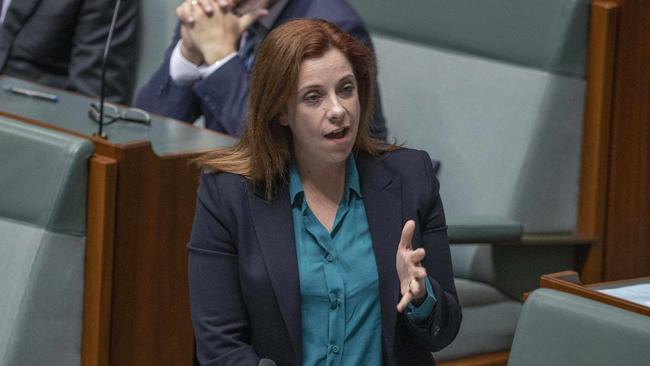
Aged care Minister Anika Wells said the government had prepared for Covid-19 waves in the sector, including supplies of tests, protective equipment and access to a surge workforce.
She urged vigilance to help protect older Australian’s most at risk of developing serious illness.
Infectious disease experts Dr Paul Griffin and Professor Robert Booy said it remained critically important for Queenslanders to keep testing and stay at home if symptomatic.
Dr Booy said those visiting vulnerable people or relatives in aged care facilities over the Christmas break should use a Rapid Antigen Test beforehand or risk making them sick.
Those hosting festive celebrations were advised to hold them outdoors, while people attending parties should avoid kissing multiple partners.
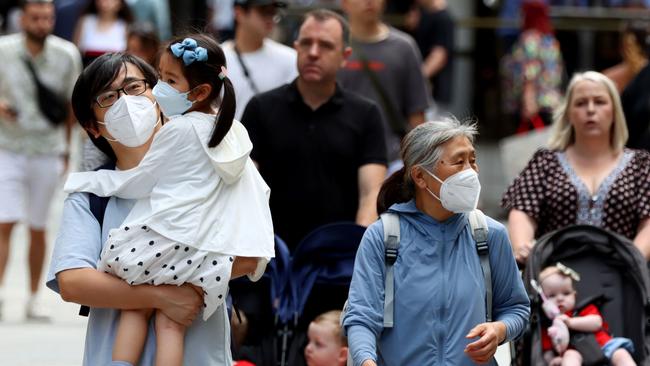
Mask wearing is still highly recommended when taking public transport, during flights and when in tight, enclosed spaces with limited social distancing.
“A hell of a lot of people are getting sick at the moment … we’re having super spreader events every day whether it’s the cricket, a concert, the shopping centre, they’re all super spreader events,” he said.
“It’s pretty obvious that if you’ve got symptoms, sore throat, a cough, or a runny nose, you should stay home and not mix with other people,” Prof Booy said.
Dr Griffin said there had been talk of the wave peaking on December 17, but it was getting harder to ascertain when the worse of the current surge had passed — warning also of an “artificial decrease” brought on by a lack of testing during public holidays.
“This is a big issue for us at the moment. We’ll see our (case) numbers fall this week and people will say we’re past the peak but a lot of people won’t want to test and declare this week prior to any parties or events,” he said.
“(Case numbers) may rebound after Christmas so we shouldn’t pat ourselves on the back just yet.”



